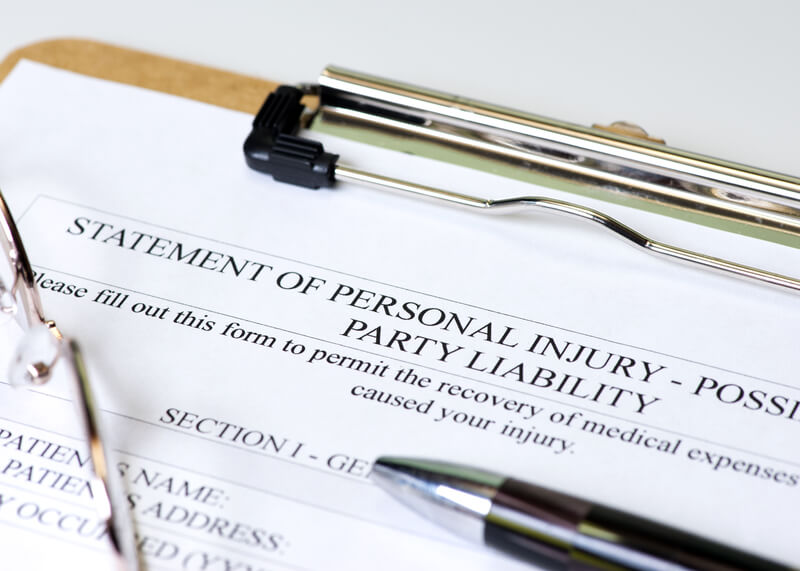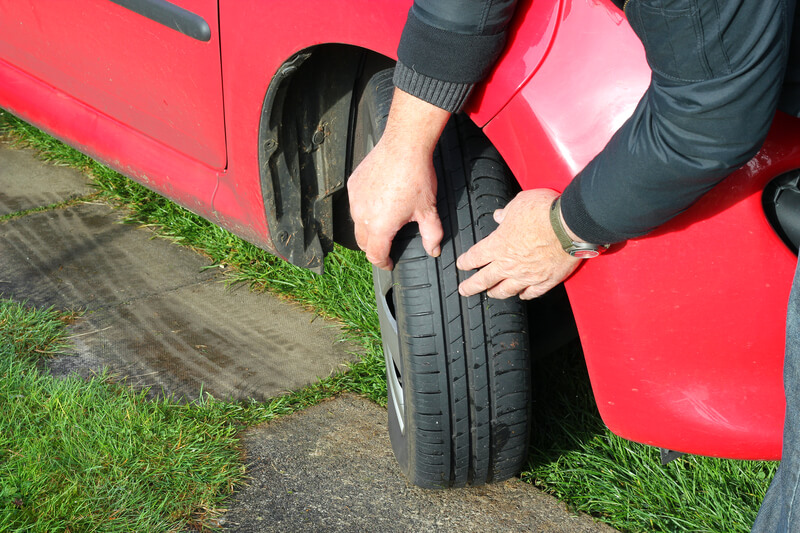Arman Deganian is a partner and Atlanta truck accident attorney at Litner + Deganian, where he combines insurance company experience and a laid-back style to best represent his personal injury clients. When he’s not riding his motorcycle to work or through Midtown, he enjoys playing baseball, running, and backpacking far-off locales. In this piece, Arman explains why crashes involving tractor-trailers are more complex than your typical wreck.
If you’ve ever merged out of the way when you saw a tractor-trailer coming up behind you on the highway, your instinct was right. Truck accidents are different from regular accidents in a few big ways, the biggest of which is the amount of damage they can cause. Large trucks are so heavy, and with a fully loaded trailer, they’re hard to maneuver, slow down, or stop, making rear-ends common. To put it simply, you just don’t see tractor-trailers involved in fender-benders.
Why is it harder to determine fault in a tractor-trailer accident?
Truck accidents also involve legal complexities that set them apart from other types of motor vehicle crashes. Trucking companies have more resources than a regular motorist would, which means they put up a fight. I’ve seen cases where the truck driver was ticketed at the scene but the trucking company still denied everything.
So we file suit. Then, during the discovery phase of the investigation, everything tends to come out of the woodwork. Trucking companies have to follow certain federal requirements—background checks on drivers, drug and alcohol screening, training, and maintenance protocols. When they don’t follow these requirements, it affects the value of the case.
Why would trucking companies not follow federal requirements?
A lot of times, these companies don’t even understand the federal requirements. They’re fly-by-nights, and they don’t follow regulations or make any attempt to. Earlier this year, I worked with a client who was badly injured when a tractor-trailer rear-ended him. The fault was obvious. There were no brake marks, and the truck driver hadn’t been paying attention. But the trucking company simply ignored my settlement demand.
My client didn’t have time to wait—he was a teacher with expensive medical bills to pay—so I filed suit. When I deposed the company rep in New York, I learned they hadn’t kept driver training records, hadn’t done a drug screening after the crash, and didn’t have employment history on file. Essentially, they’d violated federal regulation in a big way and had no idea they’d done so. Once they realized what it would be like to face a jury with that level of negligence, they settled for twice my original demand.
Why do you need a truck accident lawyer?
Trucking cases are complex because of all the regulations involved. You have to understand who to depose, how to present information to a jury, and how to litigate—sometimes in federal court. My background is in insurance. I used to defend these guys, and I know how they work.
There’s also a lot at stake. Why else would the trucking companies work so hard to deny fault? Interstate carriers have a required minimum limit on their insurance policies, meaning there’s coverage to pay for expensive emergency room bills, surgeries, and long-term physical therapy. But to get a fair value on your recovery, you have to file suit, and it’s critical that your lawyers have the skills to find what’s hiding in the companies’ record books.
If you’ve been injured in a truck crash, you need a personal injury attorney who can help. The truck accident attorneys at Litner + Deganian understand the complexities of truck accident cases. You can get a free consultation at our office, conveniently located in Druid Hills near Emory and Decatur.












